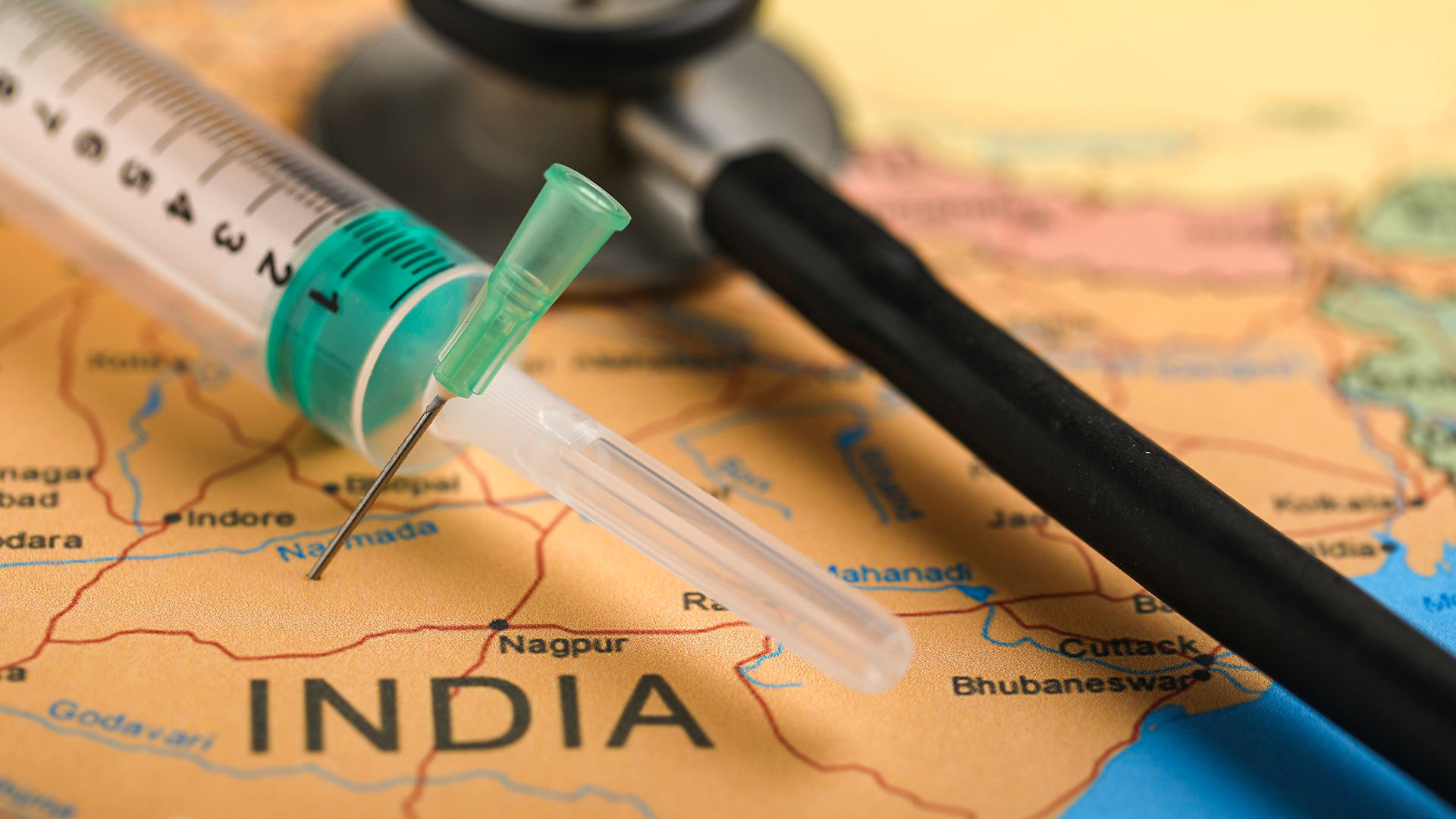
Vaccines in India
Efficacy, Failure, and Importance of Getting Vaccinated
While the Indian national healthcare system suffers the worst breakdown in its history, its vaccination drives also remain the biggest in the world. So far, India has administered more than 125 million doses of COVID-19 vaccines despite the dramatic decline of vaccinations currently. Today, we’ll be assessing the ongoing situation and how the pandemic is evolving in the country.
COVID-19 vaccination
The Trend of Vaccination in India
COVID-19 vaccination in India showed a promising start back in January. It started as a limited drive for healthcare workers and eventually expanded to other age groups. At the moment, it has been lagging as several states struggle with a shortage of vaccines despite an well executed vaccine delivery system. As of now, more than 17 million people have received both doses, while more than 100 million have received only the first one. It is not likely for India to reach its goal of vaccinating 250 million people by July, given the current surge in cases. Moreover, pregnant women and children are still not a part of these drives.

vaccines
Major Vaccines
India has three major vaccines being administered right now:
- Covishield – Developed by AstraZeneca
- Covaxin – Developed by Bharat Biotech
- Sputnik V – Made in Russia
demand for vaccines
The Failure to Produce Vaccines
To meet country-wide demand for vaccines, India temporarily halted AstraZeneca exports. According to the Serum Institute of India (SII), the production capacity was stressed to the extent that it was impossible to meet the demand.
Even though the federal government has made advance payments to facilitate mass production, several obstacles continue to hamper vaccination in India.
Road ahead
Reasons Behind Failure
1. Skepticism
India has a huge population- with an even bigger number of skeptics who continue to resist vaccination due to a lack of awareness. The question, “are vaccines safe?” has lingered in their minds for a longer time than anticipated. Rural residents are sometimes stigmatized in their community when it is revealed that they have been diagnosed with the Covid infection.
2. The discrepancy of demand and supply
With the unexpected rise in daily cases, India is facing a shortage of supply. This is has created a discrepancy, further encumbering vaccination drives.
3. Conservative policy
India bas been criticized for being surprisingly conservative in introducing new vaccines. Covaxin, Covishield and Sputnik are the only vaccines available.
the big question
Are Vaccines Safe?
For many Indians, the question, “are vaccines safe?” has been a bigger dilemma than the epidemic itself. This is not to rule out the vaccine’s adverse effects, as several have been reported so far. Some of them are:
The latest data shows the 0.13% of vaccinated persons have suffered from a post vaccination covid infection, which is within the range of other vaccines globally. As per the established protocol, a 28-day gap is recommended between the two required dosages of Covaxin. The gap recommended between two dosages of Covishield is 12-16 weeks.
- Anxiety
- Dizziness
- Vertigo
- Fever


